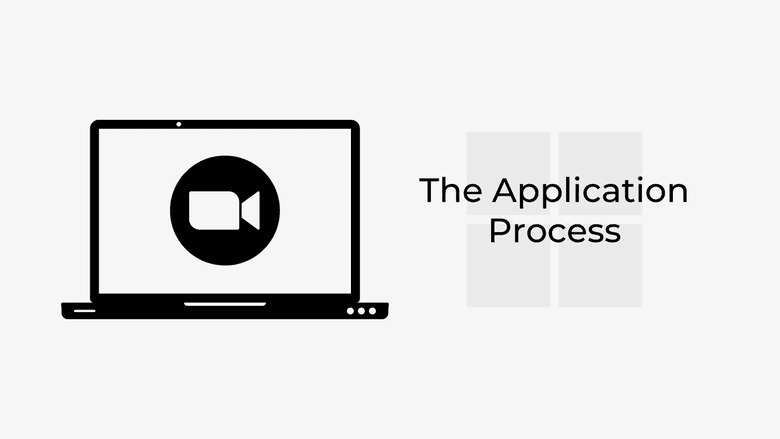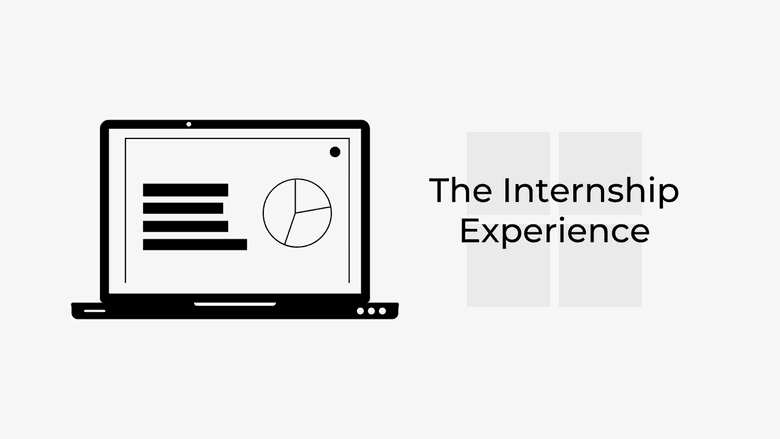The Remote Microsoft Internship Experience
Everything about Microsoft's internships, from someone who's done it.
From software products like Windows and Visual Studio to hardware devices like the Surface and HoloLens, Microsoft is well-known for its countless contributions to the tech industry. While some may claim that the tech giant is past its prime, job candidates don't think so.
Its prominent reputation is a key factor in the competition of its recruitment, both for interns and full-time employees.
Its selectiveness rivals other industry giants like Google, as some estimate that the acceptance rate comes out to about 1-2% for interns and new grads, with each applicant only having a 10% chance of making it from the online application to a phone screen.
Microsoft offers internship opportunities for a diverse range of careers, from SWE and program manager to sales and marketing. Its programs are located in the Bay Area and Redmond, WA, as well as Cambridge, MA and Vancouver, BC for its Garage Internship programs.
Even if it weren’t for its industry standing, it would be no wonder that so many candidates flock to Microsoft. Like many big tech programs, Microsoft pulls out all the stops for its interns. From talks with company executives to programming events like a private concert with The Chainsmokers, the perks make the summer internship a simultaneously educational and luxurious experience, giving it an impressive Glassdoor rating of 4.6 out of 5 stars.
To learn more about it, we spoke with Matthew, a computer science major and software engineering intern at Microsoft during the summer of 2020. While he would have worked at the Redmond, WA headquarters, the program was held remotely due to the COVID-19 pandemic. He was excited to share his unique perspective on the internship experience as the company adjusted to work-from-home.

How did you apply to be a Microsoft intern?
I know a lot of people who got the Microsoft internship through referrals, but I sort of just cold-applied through the website really early on in the recruiting cycle. I applied pretty immediately, in July or August. This was one of those companies that everyone has heard of, so I thought, why don’t I just apply, we’ll see what happens.
What advice would you give to software engineering internship applicants?
Apply as early as you can if you feel like you’re ready, and make sure you have a plan a couple of months before the recruiting cycle, which usually starts in July or August. Make sure you have an impressive side project. Make sure you’re able to dedicate one or two months to Leetcode and algorithmic prepping.

For me, I think timing was everything. I know a lot of people who have had referrals, but then they get referred a little too late because they’re waiting for their referral to go through. And they end up not really hearing back. I know there are people who have success even when they do apply a little bit later, but for me personally, what I’ve seen is that when I applied earlier, almost right when companies opened their portals, I had a lot more success.
What interview prep resources would you recommend?
There was this one list, it’s like the LeetCode 100-- it’s a list of the 100 most common Leetcode problems that you’ll see in an interview cycle. I also used this book called Elements of Programming Interviews for Python because I wanted to over-prepare as much as possible. I wouldn’t say it’s super necessary-- all the resources that I found in that textbook were available online, it was just more condensed, which is helpful.
I think in the very beginning, using a textbook is super helpful because the interview process is super overwhelming, and it gives you structure. But once you’ve had a little bit of experience with interviews and you know what they’ll expect from you, I think using Leetcode is fine.
What was the interview process like?
I think I had a coding challenge, which was a couple of pretty basic coding questions, and then the phone call interview. It was mostly soft skills, like, “What are you involved with?” “What are your successes and things you’ve had trouble with?” And I think they gave me a pretty basic question about a data structure. But I know that experience isn’t super uniform. A lot of people have had a lot more intensive technical phone interviews, and some people were completely non-technical.

Then after that one, it’s the in-person final interview, and that consisted of two to three rounds of both non-technical and technical things. Those were more about challenges you’ve faced, or how you think what you’ve done has set you up for success at a tech company. And the technical part was a pretty standard Leetcode question.
They paid for the flight and hotel and a little stipend for eating and traveling around, which was really nice. They also paid for an Uber. It was a really pleasant interviewing experience, and definitely one of the reasons why I chose Microsoft in the end.
👉 Learn more about the Microsoft interview process here

What was the summer internship experience like?
At Microsoft, you’re working on one project the entire ten weeks, as opposed to just dipping your hands in a lot of things. Instead of being treated like a full-time software engineer, you’re on a pet project, you are collaborating with a mentor everyday, and you also speak to your manager once or twice a week. My experience was like, we have this project, we break that end goal into five or six different milestones, and every week, we break down that milestone further into a new task. It was very grounding, and I felt a lot of support.

Does your project usually make it to production?
I was lucky to work on a project that had, like, billions of views per month, which was awesome. Something I was working on was just infrastructure, so you can’t see it on the website, but it’s working on the backend.
But it depends on the team. My experience was great because I was able to work on a project that involves a lot of customers, but I know there’s a lot of interns that get placed on internal tools. There’s also internal tools within all these massive subdivisions within Microsoft, like the Office team, or the Microsoft Teams and Azure teams. Each of those subdivisions have a lot of interns that work on actual front-facing products for the masses, and then there’s also internal stuff.
How does the return offer system work?
Throughout the internship, you have meetings with your mentor and manager. At the beginning check-in, you establish your goals for the entire internship, and at the middle and end you meet to look at your progress. You talk about your impact on the team and the company.
You talk about where you think you could’ve done better.
I think that was so important for my return offer, recognizing what I did do, and especially how I could be better. I think I made a very good observation of what I could’ve done better, and my manager, I think, regarded that very highly. She gave me feedback like, 'I can really see that you know intuitively where to improve, and that’s really important to see in a developer'.

At the end they give you a rating of No Hire, Hire, or Strong Hire. If you get a return offer, they don’t tell you if you’re a Hire or Strong Hire directly, but it’s reflected in your compensation package.
👉 Got a return offer? Learn about Microsoft's benefits before you commit
What was the biggest challenge for you?
There were two things.
One, finding a good place to work in quarantine. I was living in my apartment in Evanston, and my WiFi didn’t reach my room, so I was working in the living room everyday. It ended up working out in the end, but that was interesting.
The other one was the transition. I’ve worked at different companies before going to Microsoft, but I think because it is a big company, there’s a lot of legacy code. My specific project was sandwiched between so many layers of infrastructure, and understanding it in the first place was a lot of work. But it’s about recognizing that you have a mentor for a reason. I wanted to work on everything alone and thought I was being a nuisance by asking so many questions, but it was necessary and available. Asking the right questions and accessing the resources for me to be able to understand it was a challenge.
The information provided herein is for general informational purposes only and is not intended to provide tax, legal, or investment advice and should not be construed as an offer to sell, a solicitation of an offer to buy, or a recommendation of any security by Candor, its employees and affiliates, or any third-party. Any expressions of opinion or assumptions are for illustrative purposes only and are subject to change without notice. Past performance is not a guarantee of future results and the opinions presented herein should not be viewed as an indicator of future performance. Investing in securities involves risk. Loss of principal is possible.
Third-party data has been obtained from sources we believe to be reliable; however, its accuracy, completeness, or reliability cannot be guaranteed. Candor does not receive compensation to promote or discuss any particular Company; however, Candor, its employees and affiliates, and/or its clients may hold positions in securities of the Companies discussed.
